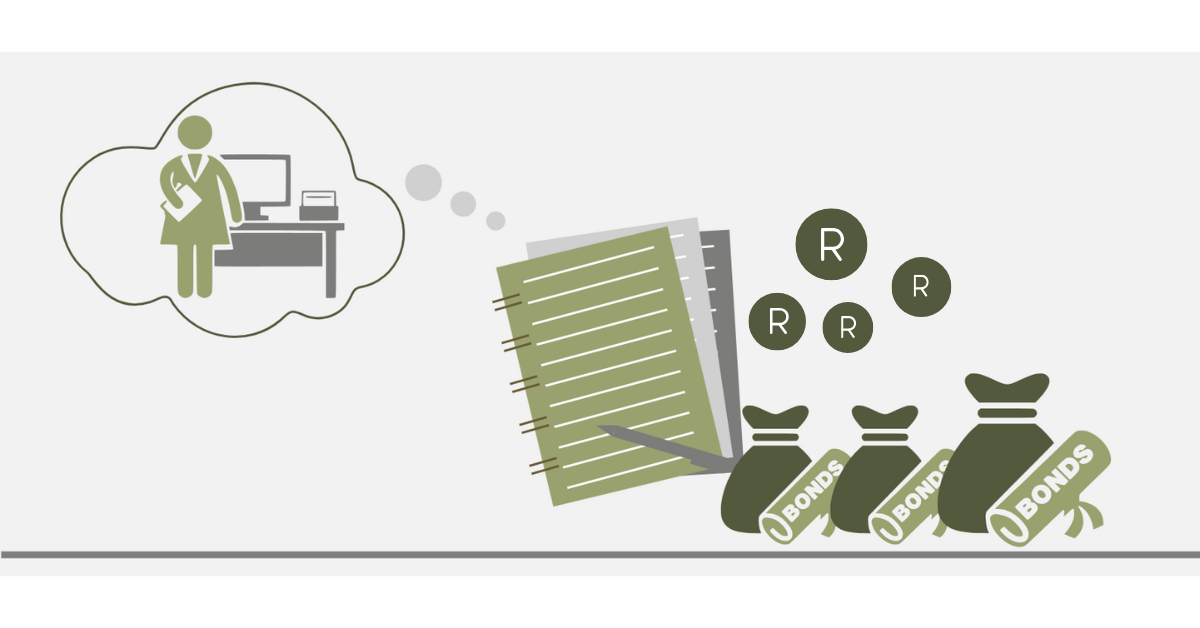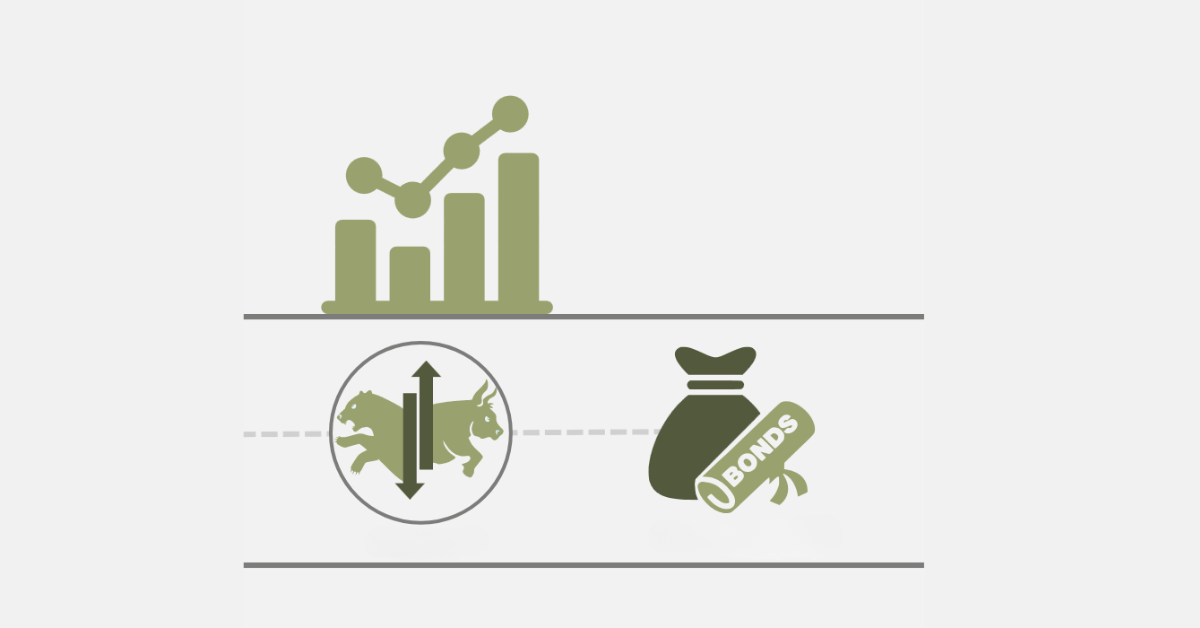The idea of offshore investing has never been so much of a priority as it is for most South Africans today, chasing the dream of securing and diversifying their future financially. South Africa holds less than 1% of the world economy; not investing offshore would just mean restricting economic opportunities for growth.
Offshore investments create exposure to global markets whereby South Africans can take advantage of different economic conditions and industries that would not be available domestically. Even more, with the decision to invest offshore, be clear on the benefits and risks that can be expected.
Should South Africans be Investing Offshore?
Yes, it would be up to South Africans to invest their money offshore as part of diversifying their investment. Foreign investments offer an investor compression against the volatility and risks naturally found in the South African economy. An investment diversified adequately across countries and industries can hedge an investor from overreliance on the local market and stand better chances to realize stable and sustainable returns. Offshore investments also carry the aspect of capital growth for more stable and developed economies. However, an individual needs to decide on an off-shore investment with proper strategies, research, and the risk attached to it.
Is Offshore Investment Legal in South Africa?
It is entirely permissible for South Africans. However, these individuals have to follow the rules required by the South African Reserve Bank & South African Revenue Service. They can invest up to R1 million per annum offshore without needing a tax clearance certificate. A tax clearance certificate will be required for those above the R1 million but below the R10 million limit in a year. This gives personal individuals access to international portfolios in a more legal manner. Ethics and due process require compliance with the laws of the country to avoid any legal standoffs.
Common Mistakes that South Africans Make Investing Offshore
What is quite common is ‘bad’ diversification being implemented. Typically, an investor might be pouring all their offshore money into one basket, one country, or one asset class, and the risk is uncalled for. A failure to take currency fluctuations into account also optimizes one’s investment poorly. Offshore investment is always written in currencies other than the ones the particular investor uses, and adversative movements minimize returns efficiently. Furthermore, some investors overlook advice on the issues of taxation of offshore investments. Such areas have varying taxation regimes, and thus, a lack of due planning could result in unforeseen liabilities. Thorough research and professional advice are essential tools to avoid these pitfalls.
What Are the Offshore Investing Advantages?
One benefit touches on the very important aspect of diversification, which results in reduced risk. Diversification across regions, sectors, and currencies would insulate South Africans from local economic risks. Investments outside South Africa provide exposure to international markets and may be spread into industries not represented in South Africa, like developed technology, pharmaceuticals, and alternative energy. Other benefits of offshore investment include sheltering the depreciation of the South African rand and providing a higher possibility of protecting the capital for an investor. Another significant advantage is the possibility of higher yields in more stable economies where there is potential for growth.
What Are Some Disadvantages of Offshore Investing?
Despite its pros, offshore investing does have a few cons. One of the biggest cons is the costs involved with managing and maintaining offshore accounts, including currency conversion fees, management fees, and tax implications. It is also associated with currency risk, as the fluctuations in exchange rates may affect returns negatively. In addition, understanding and operating under separate regulatory frameworks may be difficult, and a vigilant investor should also be on the lookout for available tax laws in South Africa and other offshore countries. Finally, it is most likely more difficult to access funds from offshore investments than local investments in times of urgency.
How Much Money Can South Africans Take Offshore?
Under the current dispensation, any South African can invest up to R1 million offshore without needing a tax clearance certificate. To invest up to an additional R10 million per annum, a tax clearance certificate would be required from SARS. These are individual limits, therefore allowing the legal investment of substantial capital abroad.
Which Country is Best for an Offshore Account?
This will depend on the objectives of the investor, but popular destinations include Switzerland, Luxembourg, and Singapore. Being a highly stable country with stringent privacy laws makes Switzerland a perfect haven in matters of wealth preservation. On its part, Luxembourg offers robust financial services and has acted as a hub of investment funds. Singapore, with its strong economy and political stability, indeed beckons as another beacon of attraction awaiting the South African looking to diversify his portfolio further. The different strengths each country has, the vision for goals, and risk tolerance are variables that an investor would have to consider before choosing which country to go for.
Final Thoughts
For South Africans, investing offshore means generating well-allocated portfolios, further leveraging against local economic risks, and entering international markets. This basic investment principle will work well only if investors have a well-planned investment strategy in overseas markets after a comprehensive understanding of the legal requirements with regard to the potential benefits and liabilities of investing offshore. It’s definitely not an easy task for most South Africans to first navigate through the bureaucracy that often comes with offshore investing. Still, with proper decision-making and expert advice, financial security is assured globally.














